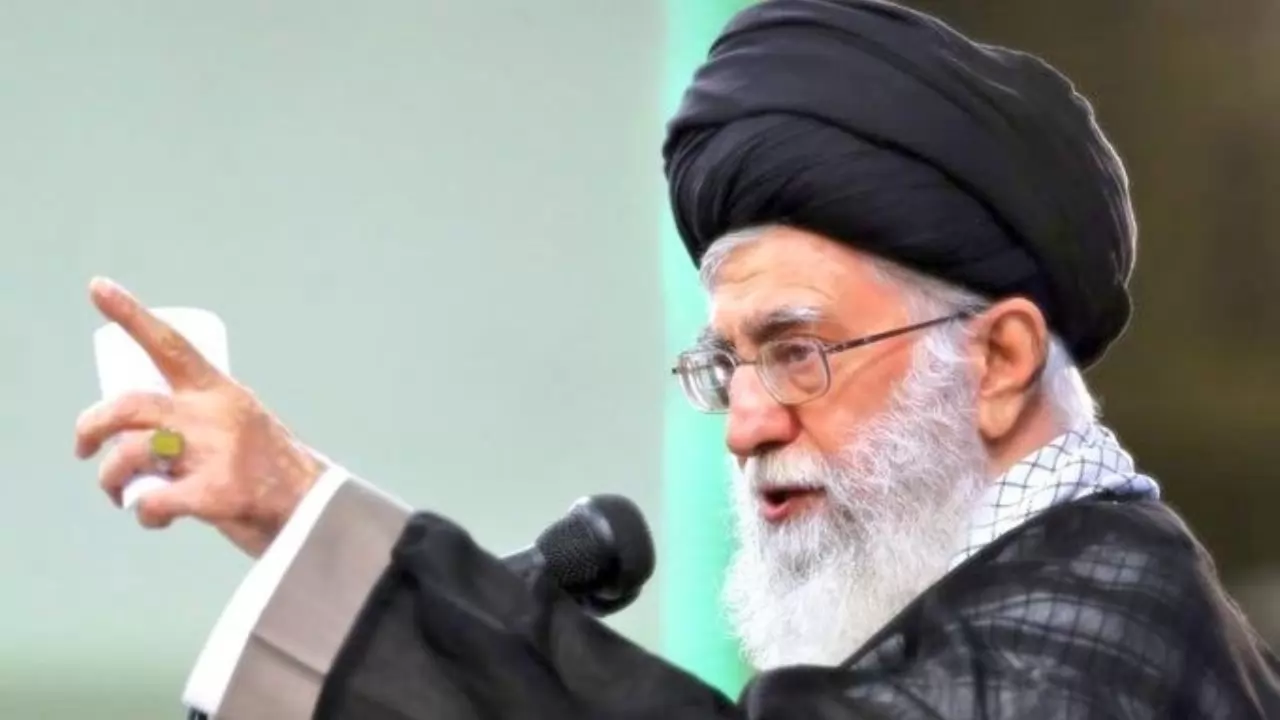
In response, India’s Ministry of External Affairs (MEA) issued a firm statement, calling Khamenei’s comments "misinformed and unacceptable." (X/Muhamma98434887)
World News: India has expressed strong disapproval of remarks made by Iran’s Supreme Leader Ayatollah Ali Khamenei regarding the treatment of Indian Muslims. The comments were made in a social media post marking the birth anniversary of Prophet Mohammed, where Khamenei mentioned Indian Muslims in the same context as the suffering in Gaza and Myanmar.
In response, India’s Ministry of External Affairs (MEA) issued a firm statement, calling Khamenei’s comments "misinformed and unacceptable." The ministry further advised countries making such statements to reflect on their own records before commenting on others. "We strongly deplore the comments made regarding minorities in India by the Supreme Leader of Iran," the official statement read.
Statement on Unacceptable Comments made by the Supreme Leader of Iran:https://t.co/Db94FGChaF pic.twitter.com/MpOFxtfuRO
— Randhir Jaiswal (@MEAIndia) September 16, 2024
Khamenei’s post on X (formerly Twitter) read, "We cannot consider ourselves to be Muslims if we are oblivious to the suffering that a Muslim is enduring in #Myanmar, #Gaza, #India, or any other place." By clubbing the situation of Indian Muslims with those in conflict zones like Gaza and Myanmar, Khamenei's comments have sparked diplomatic friction between Tehran and New Delhi.
This is not the first time that a foreign leader has commented on India’s handling of minority communities. However, India has consistently maintained that its domestic affairs, particularly those related to its citizens, are internal matters and should not be subject to external commentary. India’s strong rebuttal is a reflection of its stance on ensuring that global narratives about its treatment of minorities are not shaped by misinformation or international influence.





Copyright © 2026 Top Indian News
